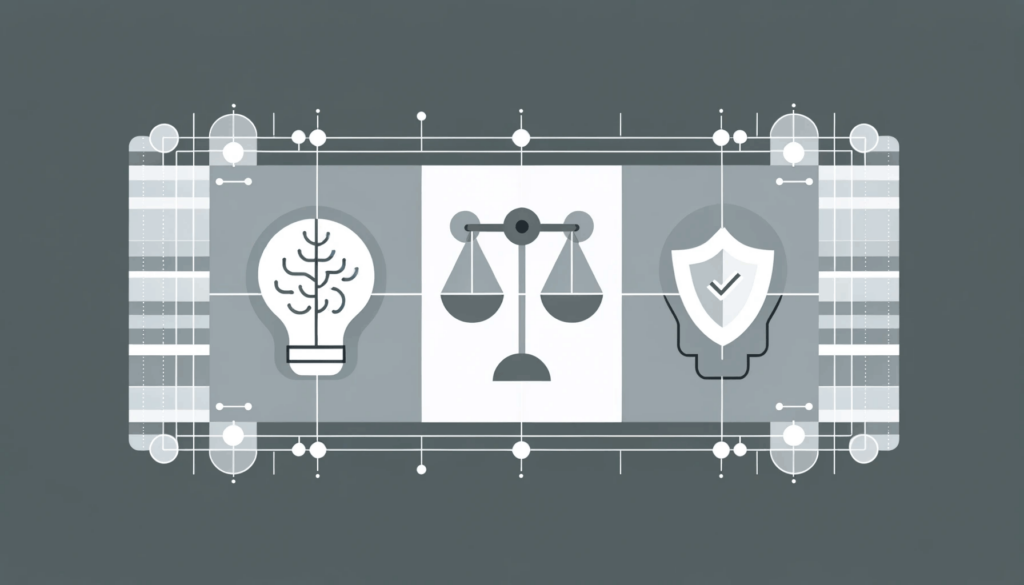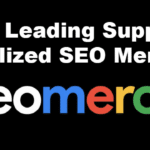Maximizing Your Online Presence: A Guide to Understanding and Implementing E-A-T
In today’s digital landscape, the quality of content on the internet is paramount, especially for platforms like Google, which aim to provide users with the most relevant and trustworthy information.
E-A-T stands for Expertise, Authoritativeness, and Trustworthiness. It’s a set of criteria Google uses to evaluate the quality of content on web pages.
Understanding how Google assesses E-A-T is crucial for content creators, marketers, and website owners looking to improve their visibility and ranking on the search engine.
This article will delve into the mechanisms behind E-A-T assessment and offer insights on optimizing content according to these principles.
Expertise
Keywords and Entities: Content Quality, Subject Matter Expertise, Professional Experience
Google looks for evidence of expertise in the content it crawls and indexes.
This means that the content should be created by individuals or organizations with a demonstrable knowledge of the topic.
For topics that require professional expertise, such as health, finance, or legal advice, Google expects the content to be authored by individuals with the necessary credentials or a proven track record in the field.
For other less critical topics, having a deep passion, experience, and a unique perspective on the subject can also be considered a form of expertise.
Authoritativeness
Keywords and Entities: Reputation, Credentials, External Recognition
Authoritativeness is assessed by looking at the reputation of the website or content creator among peers and audiences.
Google uses signals such as backlinks from reputable sites, mentions on authoritative platforms, and other forms of recognition like awards or professional certifications to gauge this.
The rationale is that authoritative sources are more likely to be cited by others in the industry or field, indicating higher trust and reliability.
Trustworthiness
Keywords and Entities: Secure Websites, Accurate Information, Transparency
Trustworthiness is perhaps the most critical aspect of E-A-T.
Google evaluates this by looking at several factors, including the security of the website (HTTPS), the accuracy and factuality of the content, the transparency of the author or organization (e.g., clear about who is responsible for the content), and the presence of legitimate contact information.
For sensitive topics, especially those impacting a person’s health, finances, or safety, the standards for trustworthiness are even higher.
Optimizing for E-A-T
To optimize content for E-A-T, creators should focus on several strategies:
- Showcasing Expertise: Ensure that content is written or reviewed by experts in the subject matter. Including author bios with credentials can help highlight expertise.
- Building Authoritativeness: Engage with the community, seek opportunities for guest posting on reputable sites, and encourage authoritative sites to link to your content.
- Enhancing Trustworthiness: Maintain a secure website, fact-check all content for accuracy, provide clear disclaimers where necessary, and make it easy for visitors to contact you.
Conclusion
Google’s assessment of E-A-T is an ongoing, complex process that leverages a variety of signals to determine the quality of content on the web.
By understanding and optimizing for these criteria, content creators and website owners can improve their chances of ranking higher in search results, thereby reaching a wider audience.
It’s not just about SEO tactics; it’s about delivering value, credibility, and reliability through your content.

















